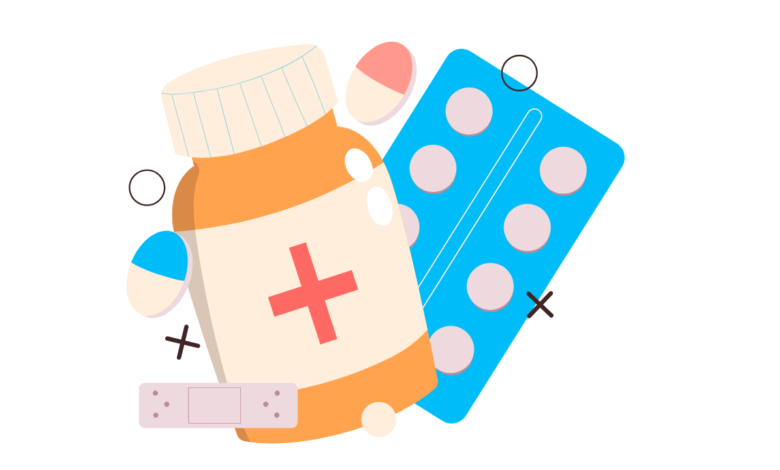Over-the-Counter Pain Relief: NSAIDs Explained
NSAIDs for Pain and Inflammation: What You Need to Know

Brief information about it
Nonsteroidal anti-inflammatory drugs (NSAIDs) are a class of medications used to reduce pain, fever, and inflammation.
Uses
Pain Relief: Alleviates pain from various sources, including headaches, muscle aches, and arthritis.
Fever Reduction: Lowers fever.
Inflammation Reduction: Reduces inflammation in the body.
Mechanism of action
NSAIDs work by inhibiting the production of prostaglandins, chemicals that contribute to pain, fever, and inflammation.
Elimination half life
The elimination half-life of NSAIDs varies depending on the specific drug and individual factors.
Route of Administration
NSAIDs are typically administered orally in tablet or capsule form.
Side effects
Common side effects of NSAIDs include:
- Stomach upset
- Nausea
- Heartburn
- Dizziness
- Allergic reactions
Serious side effects, although rare, can include:
- Stomach ulcers
- Kidney damage
- Heart problems
Dose
The appropriate dosage of NSAIDs depends on the specific drug, the severity of the condition, and individual factors. It’s important to follow the dosage instructions on the medication label or as prescribed by a healthcare provider.
Precautions
· Consult a Healthcare Provider: Consult with a healthcare provider before taking NSAIDs, especially if you have any underlying health conditions, such as kidney disease, heart disease, or stomach ulcers.
· Avoid Alcohol: Alcohol can increase the risk of stomach bleeding and other side effects.
· Monitor for Side Effects: Pay attention to any side effects and discontinue use if you experience severe or persistent symptoms.
· Pregnancy and Breastfeeding: Pregnant or breastfeeding women should consult with a healthcare provider before taking NSAIDs.




